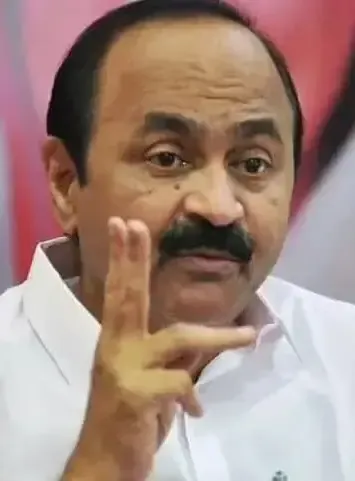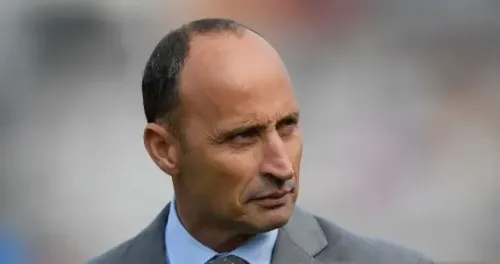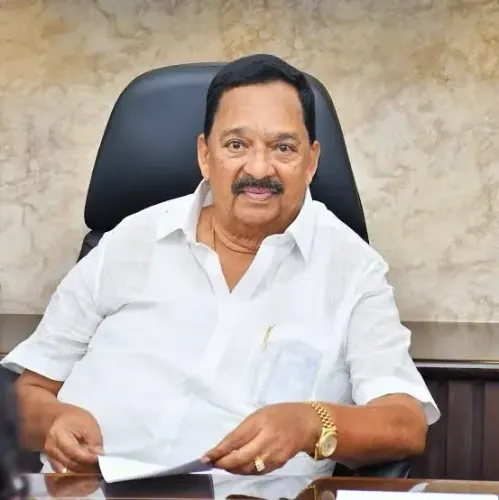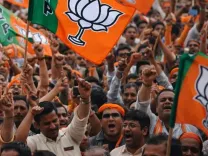Why Did the SC Judge Withdraw from Hearing Partha Chatterjee's Bail Request?
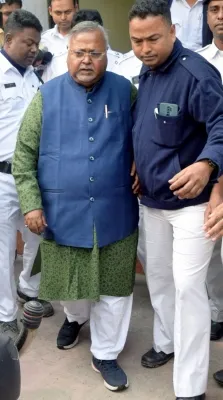
Synopsis
Key Takeaways
- Supreme Court judge recused from a significant case.
- Partha Chatterjee is central to the cash-for-school job scandal.
- CBI and ED are investigating the alleged corruption.
- 25,753 jobs were annulled due to irregularities.
- Judicial impartiality remains crucial in high-stakes cases.
New Delhi, July 17 (NationPress) A Supreme Court judge took a step back on Thursday from addressing a bail request made by former West Bengal Education Minister and ex-Trinamool Congress secretary general Partha Chatterjee, who is seeking release in relation to the multi-crore cash-for-school job scandal.
Following Justice Joymala Bagchi's recusal, the bench led by Justice Surya Kant referred the case to the Chief Justice of India (CJI), who oversees the roster, for the bail petition to be reassigned to a different panel.
Previously, a bench comprising Justices Surya Kant and N. Kotiswar Singh had issued a notice regarding Chatterjee's bail request and solicited a response from the Central Bureau of Investigation (CBI).
In a directive issued on May 8, the apex court mandated the West Bengal government to make a decision on granting prosecution sanction within a two-week timeframe, allowing the trial proceedings against Chatterjee and other accused state government employees to commence in the school job cases being investigated by the Central anti-corruption agency.
Both the CBI and the Enforcement Directorate (ED) have been conducting simultaneous investigations into the school job cases.
In their charge sheets, both the ED and CBI identified Chatterjee as the principal architect of the alleged cash-for-school job scam.
Chatterjee was initially apprehended by the ED at his residence in South Kolkata in July 2022, and since then, he has remained in custody.
Subsequently, the CBI also recorded his arrest.
In April of this year, the Supreme Court upheld a ruling from the Calcutta High Court, which annulled 25,753 teaching (secondary and higher secondary) and non-teaching positions in state-run schools, linked to the West Bengal School Service Commission (WBSSC) for 2016.
The court agreed with the argument that the entire panel needed to be invalidated due to the state government's and the commission's failure to distinguish between the 'genuine' candidates and those deemed 'tainted.'


